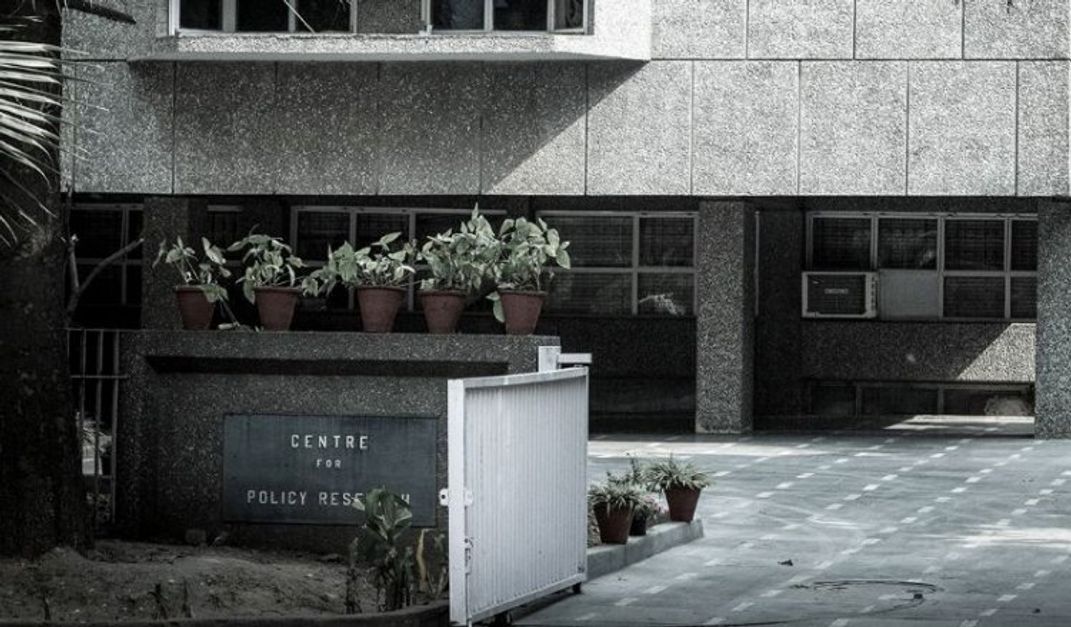Live Classes

The decision of the Government of India to suspend the Foreign Contribution (Regulation) Act (FCRA) licence of the country’s premier think tank, the Centre for Policy Research (CPR) is bad in optics and substance. The reasons that are being cited by the authorities include lapses in the income-tax paperwork of CPR’s staff, lack of due process in the accounting process, and diversion of funds to publication of books, which the authorities allege is not part of the CPR’s objectives.
Misusing the law or bringing out the truth
An eagerness to drag the prestigious institution into a quagmire of legal processes is writ large over this entire exercise. The CPR has been working on improving governance and enhancing state capacity among other things, in collaboration with governments, and the public and private sectors. There are many advocacy and campaign groups that have been facing the wrath of the government in the recent past, but the action against the CPR lowers the bar of tolerance for the political establishment to an abysmal level. This betrays an inexplicable hostility towards knowledge creation of all kinds.
FCRA
The FCRA is a regulatory mechanism to ensure that foreign vested interests are not unduly influencing the domestic politics of India, but sweeping application of the law in a manner that clearly disables the non-governmental sector suggests a thoughtless approach bordering on vindictiveness.
Impact on promotion of higher education and research in India
India’s New Education Policy envisages academic exchanges and cooperation between Indian and global institutions to raise the standard of higher education and research in the country. India also wants to emerge as a centre of technological excellence and manufacturing. Recently, two Australian universities announced their plans to have campuses in India. However, India’s global ambitions are clashing with the insecure and reactionary state actions such as the restrictions on the CPR.
Use the rules carefully
Collaboration with the world requires the flow of information, personnel and funds in both directions. Restrictions on all these for national security reasons are part of the rule everywhere, and are acceptable. But these are to be exercised sparingly.
Conclusion
To assume that Indian thinking should be insulated from foreign ones, while seeking international technology and capital inflow at the same time is a paradox. At any rate, for a country growing as fast as India, a massive expansion in capacity for research is the need of the hour. Along with public funding, private and philanthropic funding are essential for India to continuously expand its knowledge horizons in all fields. The government should not merely tolerate, but facilitate the emergence of several more institutions such as the CPR.
Foreign Contribution (Regulation) Act (FCRA)
The FCRA was activated during the Emergency in 1976 amid apprehensions that foreign powers were interfering in India's nuclear affairs by channeling funds through independent organisations.
FCRA
Amendment: